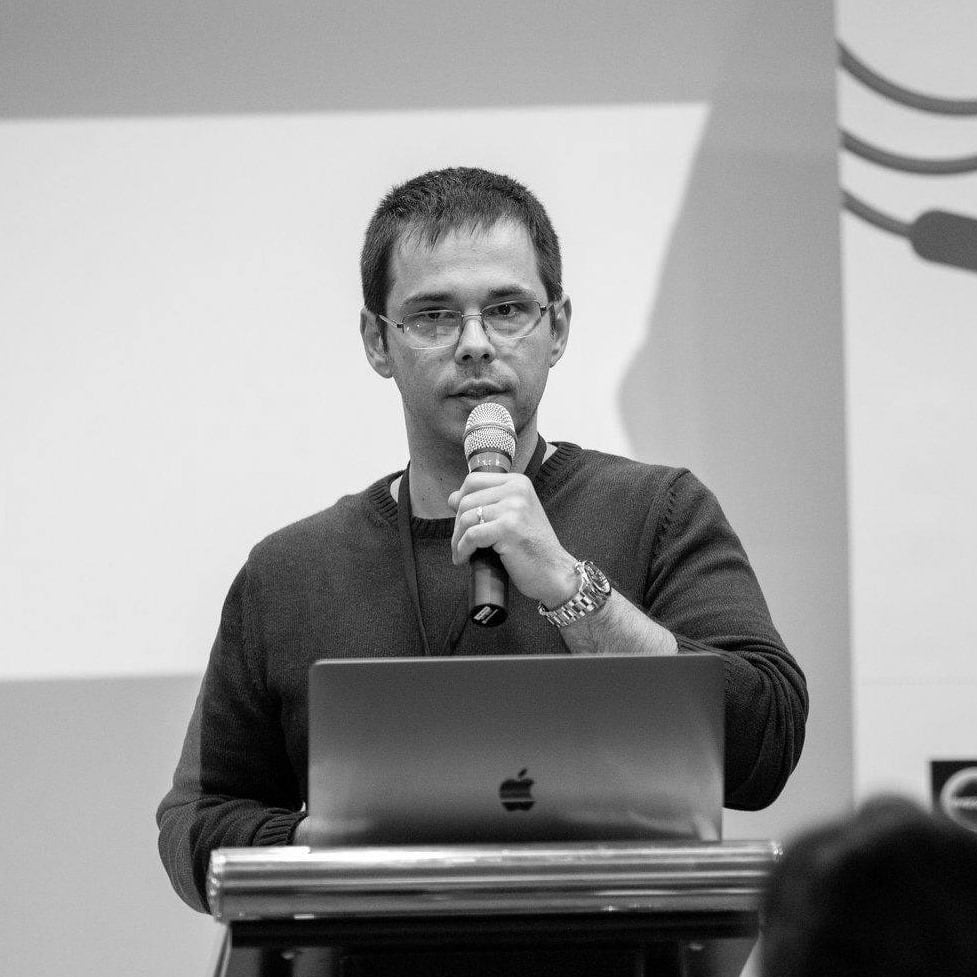If you've been looking to get into your first Ruby on Rails junior developer role, but you don't have enough experience or a Computer Science degree, keep reading because I'll share three steps to help you get your first junior developer role.
The Ruby on Rails job market is among the highest paid, mostly because it's underserved. And for good reason. There's a lot to learn, and it takes years to become really good at it.
So there are two ways you can approach this.
- You could either spend years learning and not getting paid until you feel confident enough to apply, or
- You could learn just enough to get you in the door, and learn the rest on the job.
To me, the second option sounds a lot more realistic, and I know it works because that's what I've done when I first got started 15 years ago.
Unfortunately, too many people go for option one because they need to feel confident enough before they can start looking for their first job.
But the problem with that is...
You spend too much time not getting paid while preparing for jobs with unrealistic expectations.
And if that's your compass, you might be asking yourself:
- Should I spend four years on a Computer Science degree?
- Is there a way to learn all that on my own? And do it fast?
- Do I need to learn Ruby, and then Rails?
- What are my chances of getting a job if I don't have a degree?
If any of that sounds familiar, fear not. I'll show you how you can learn to build Rails apps and get your first job in just a few months.
Here's how.
Step #1: Learn Rails first, not Ruby
It's important to take a top-down approach, which will teach you how a Rails app gets built, even if you don't understand the details.
Just like learning to ride a bike, you don't learn about aerodynamics, and what metals the bike is built with, or how the wheels turn. You just hop on the bike and you focus on not falling down. Then you learn to get from point A to point B, and so on.
Your ability to find the information you need, and put it together in a cohesive way such that you end up with a working application is one of the most important skills you'll use as a developer, and it also has a few hidden benefits like:
- boosting your confidence in your ability to succeed, or
- increasing your interest in learning more about the framework, and eventually the Ruby language, and Computer Science, or
- putting the theory in context and making it easier to learn, and to remember
So find a course or two and see how others do it, and then start copying them. But don't stress too much if you don't understand everything from day one, you'll get there eventually.
Step #2: Start freelancing first
Just like you can't learn to ride a bike by just reading the manual, you can't learn to build Rails apps by just learning the theory.
You'll want to start building projects as soon as possible to get a feel of the real-life challenges and the gaps in your knowledge.
This will put you in a loop of learning and building, learning and building and you'll start feeling more and more comfortable with the process.
Then, as soon as you have a few toy projects built, look for opportunities to help your friends or family members for free.
Finally, when you feel confident enough, start looking for freelance projects on any of the freelancing platforms available online. Here are a few of them:
- Railsdevs
- Upwork
- Fiverr
- Freelancer
- Guru
You'll want to have at least five or so happy clients that would gladly share a testimonial on how you've helped them.
Step #3: Leverage your work to get the job
Most people go for a Computer Science degree because it serves as proof, making them less risky to hire.
But you know what else serves as proof? Past work.
If you show up to the job interview with a list of happy clients, you've got all the proof you need.
But there's more...
Your confidence changes, and you're not perceived as needy. Because you now know you have options.
If the job interview goes south, you'll be fine continuing to work as a freelancer, making more than enough money on your own.
Conclusion
All that being said, learning about Computer Science is well worth the time investment. It puts you in a different league compared to someone who doesn't have that knowledge.
And sooner rather than later, you will need to know that stuff. The only difference is you can get paid to learn it.

